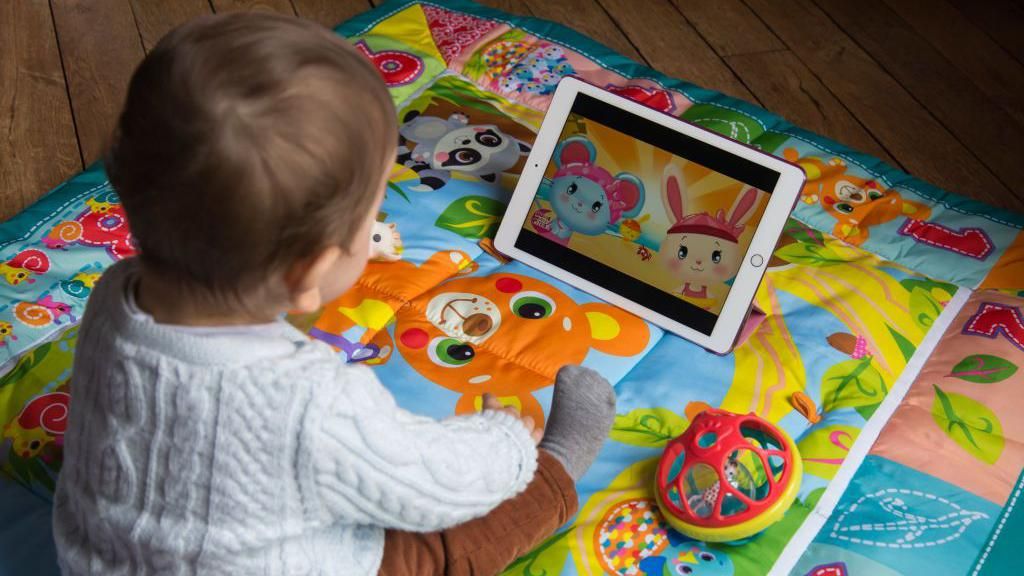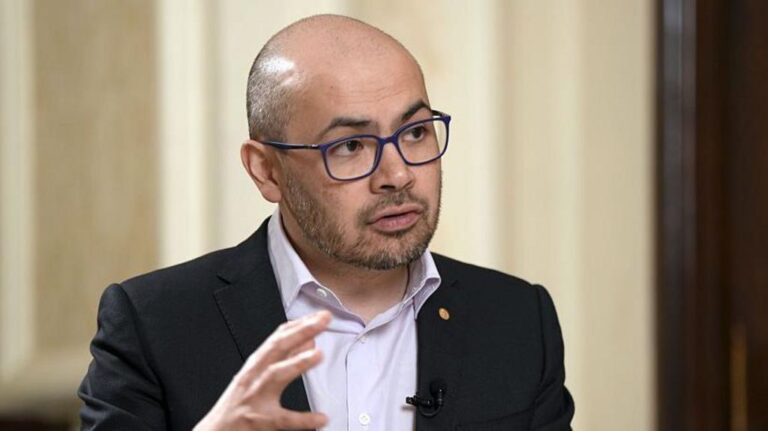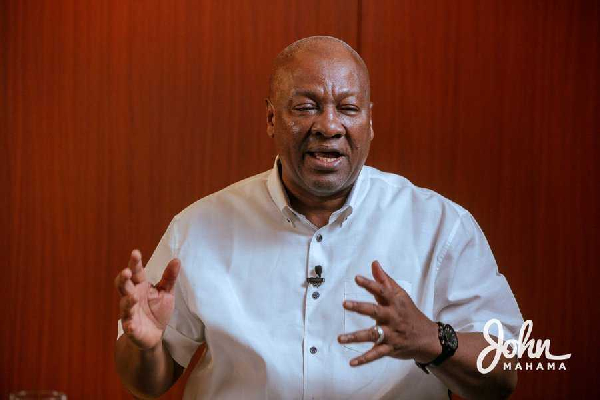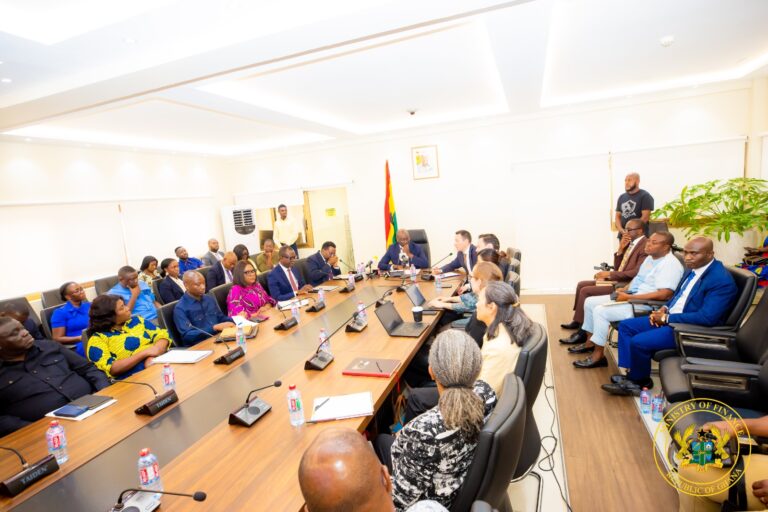
The government has urged video platforms like YouTube to feature “high-quality” children’s content more prominently on their websites.
Culture Secretary Lisa Nandy expressed concern that young people are less likely to encounter educational programs or content that supports “emotional and mental wellbeing” as they increasingly turn to online platforms rather than traditional television.
Nandy revealed that she had written to YouTube and similar platforms, as well as the regulator Ofcom, urging them to enhance the visibility of suitable children’s material.
A YouTube spokesperson stated that the platform “provides kids and teens with safe, age-appropriate online experiences that allow them to learn, grow, and explore.”
However, Nandy, who has a nine-year-old child, criticized online platforms for failing to promote a “wide range” of material. “[It’s] something that affects my family, like every family around the country,” she noted.
Speaking on BBC Radio 4’s Today programme, guest-edited by actor and Liberal Democrat peer Baroness Floella Benjamin, Nandy praised UK-produced children’s TV, highlighting its role in informing children about the world. She lamented that online users often do not encounter this content because it is not promoted by popular websites.
She mentioned that the government is ready to support the UK’s “crown jewels” children’s TV industry but noted that a previous government-led funding scheme found that although more quality content was created, children “weren’t necessarily watching it” due to difficulty finding it.
The government is seeking a voluntary agreement with online platforms, according to Nandy, but indicated that further action may be taken if an agreement cannot be reached.
She continued, “We would much prefer for them to work with us to ensure children can see and find high-quality content much more easily.”
Nandy acknowledged the positive aspects of YouTube, describing it as democratizing and enabling individuals to start their careers from their bedrooms. However, she stressed the need to strike a balance.
She urged Ofcom to “prioritize children’s television” as part of their public service broadcasting review, which is due to report in the summer.
Benjamin emphasized that “television influences children’s thinking and behavior” but warned that both its “quality and quantity” are in decline. She used her guest editorship of Today to call for greater emphasis on ensuring children have access to suitable entertainment, describing the current situation as a “crisis” and “turmoil” in the industry due to children migrating to online platforms.



